by Sarah Shoffler, SFUSD Board Member
In October 2014, slow foodies from the world over gathered at Slow Food International's biennial events in Turin, Italy, Salone del Gusto, the world’s largest food and wine exposition, and Terra Madre, a world meeting of food communities. Attendees affectionately call them the Olympics of Food. The concurrent events are dedicated to the celebration and sharing of artisanal, sustainable food and the small-scale producers that safeguard local traditions and high quality products. Good, Clean and Fair food from around the world.
Several San Diegan slow foodies attended as U.S. delegates. Aundrea Dominguez, a San Diego farmer and Slow Food Urban San Diego Ark of Taste Chair, attended in 2014 for the first time and shared her thoughts on the experience with us.

Why did you want to go?
Prior to this last year when I became more actively involved in Slow Food, I had not heard of Terra Madre, though once I knew about it, I had no doubt I would go. Besides the obvious reasons (great food and sights) my main reason for going this year was the theme, Ark of Taste. As a culinary gardener/farmer, preserving biodiversity is a hugely important part of what I do, which is also why I was drawn to that particular seat on the SFUSD board. I also wanted to use the opportunity to save and swap seeds, which I did.
Did you focus on any particular aspect of TM? If so, what?
Ark of Taste. Between the three days, I spent probably about 6-8 hours throughout the display, reading about the foods and where they were from, and speaking with the folks who farm/prepare, and eat them. It was so eye opening for me. It's one thing to read a list of food and an entirely different experience to walk through the physical catalog and have a tactile and sensory relationship with it.

What is one thing you learned?
I learned many small and specific things about terroir. Language was less of a barrier than you would expect when food is the topic at hand. Several farmers and I spoke about soil and why their tomatoes have such specific flavors that cannot be duplicated. One farmer, whose family has owned their land for eight generations, farms on soil with volcanic rock that has been breaking down slowly over about the last 100 years. Minerality like that cannot be replicated by amending soil, the flavors it imparts are inherent. I find that incredible. Having eaten mostly American-grown produce, or that which has been imported from South America, it was such a jolt to eat something I was familiar with but from a place on the other side of the world. It's so different that there is almost no comparing the two.

What was your most memorable experience?
I was fortunate to have snagged a front row seat at the panel with Carlo Petrini, Alice Waters and Jamie Oliver and it was a really encouraging experience to share space in a room of like-minded folks who respect good, clean, and fair food. It was a major highlight. But I also had an unbelievable time at this New Orleans pop-up dinner. I helped cook red beans and rice, and gumbo z'herbes, neither of which I'd ever made before. I was cooking with people from New Orleans, Baja, Chicago, etc. A week before, I hadn't known any of these folks but, we were all there cooking, learning, and embodying the values we were there to support.

Would you go back? Why?
In a heartbeat, and I plan to continue attending. It was the highlight of my year, and it was so reassuring. Farming is notoriously difficult and often thankless, but Terra Madre plugged me into a community that reveres artisans and farmers for answering their calling. Most of the farmers I spoke with got into it because it was a family business but, they also love it because they are productive and intimately connected to something exceptional, and I want to be part of that.
What would you recommend to anyone that goes in 2016?
I'll be very practical about this answer...I would recommend that they do their research on vendors and do the Salone del Gusto on the very first day, and the very last day. Also, wear good walking shoes, and have a backpack for goodies, not a shoulder bag. A first-timer should be prepared to spend the entire first day just visiting vendors, tasting, making notes, deciding what they want to buy and buying only the things they cannot live without first. Backpacks get heavy fast. The last day is great because you can score major deals on yummy goods.
I would also suggest having business cards with your basic contact info, because you'll be making lots of friends.
Get an AirBnb close by, and portable Wifi if you can.
Bring your A-game and sleep on the flight home.
Above all else, I would recommend being open to whatever presents itself at Salone and Terra Madre. There were many unexpected surprises for me, and not a single time was I disappointed.

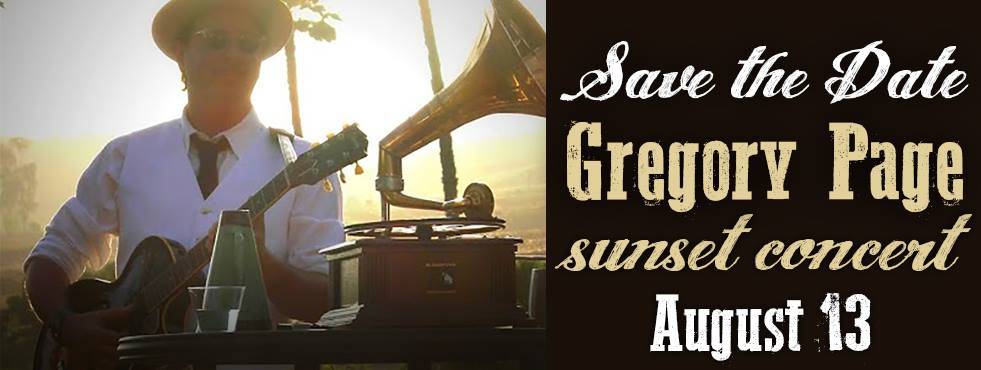 Ready for some summertime fun? Spend a carefree evening at Suzie’s Farm enjoying warm summer breezes, a golden sunset and listening to the dreamy music of Mr. Gregory Page.
Ready for some summertime fun? Spend a carefree evening at Suzie’s Farm enjoying warm summer breezes, a golden sunset and listening to the dreamy music of Mr. Gregory Page.

 SFUSD welcomes three new board members this month: Darcy Shiber-Knowles, Lisa Joy and Stephanie Parker. Our full roster for 2016 is listed below. We've reorganized the board, collapsing and expanding some positions. We look forward to working towards a Good, Clean & Fair San Diego food system and sharing with our San Diego community this coming year! Stay tuned for upcoming celebrations and efforts.
SFUSD welcomes three new board members this month: Darcy Shiber-Knowles, Lisa Joy and Stephanie Parker. Our full roster for 2016 is listed below. We've reorganized the board, collapsing and expanding some positions. We look forward to working towards a Good, Clean & Fair San Diego food system and sharing with our San Diego community this coming year! Stay tuned for upcoming celebrations and efforts.

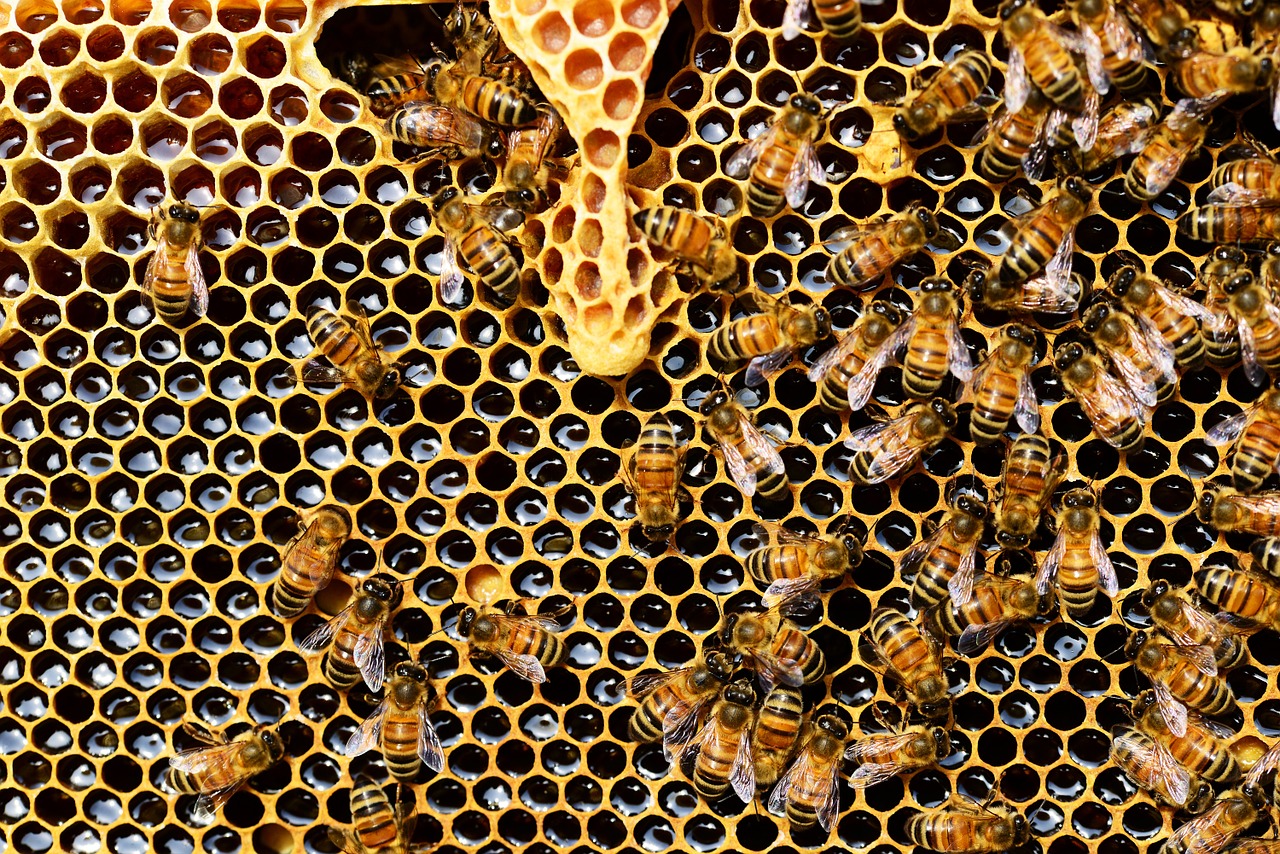








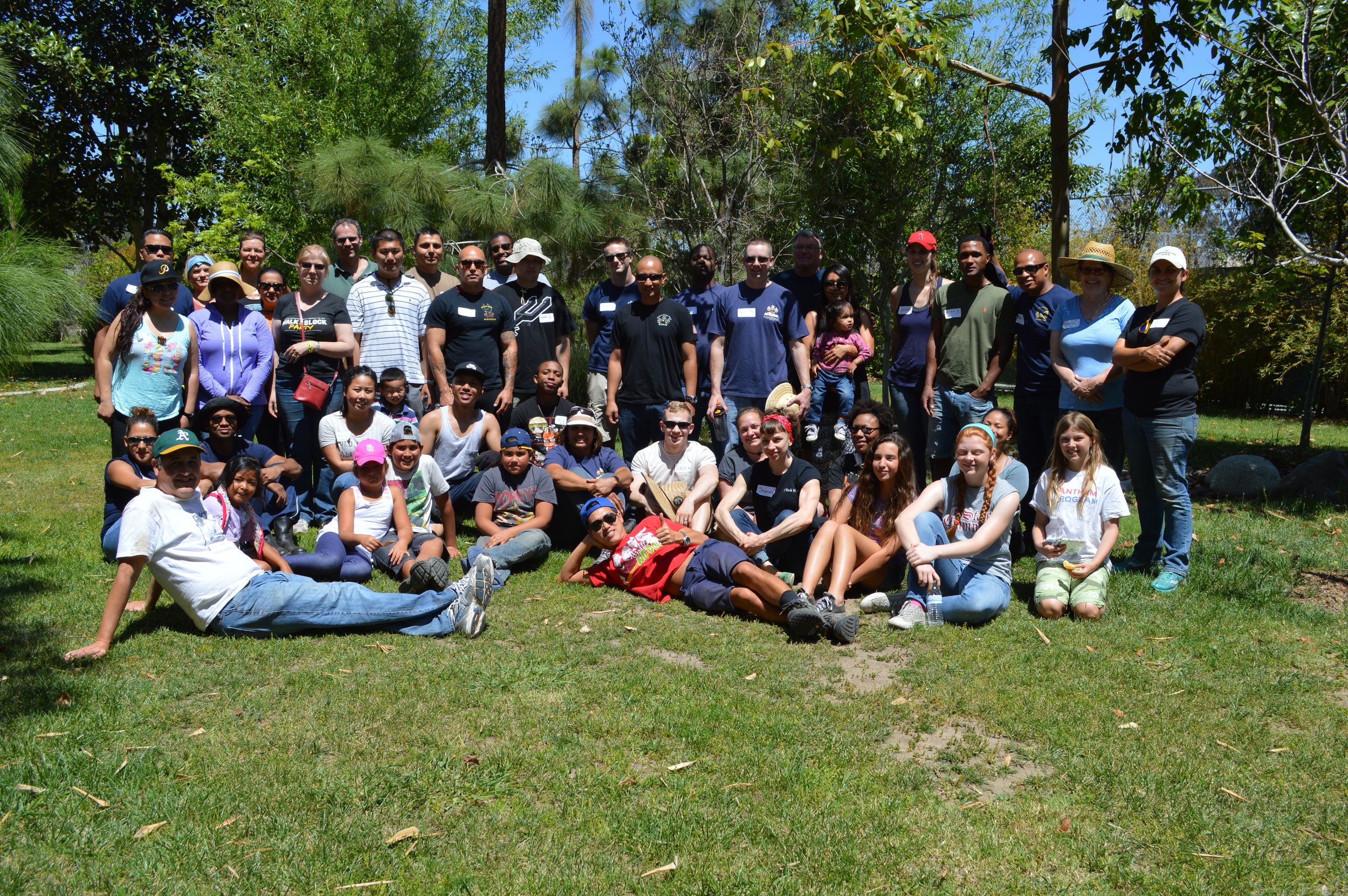
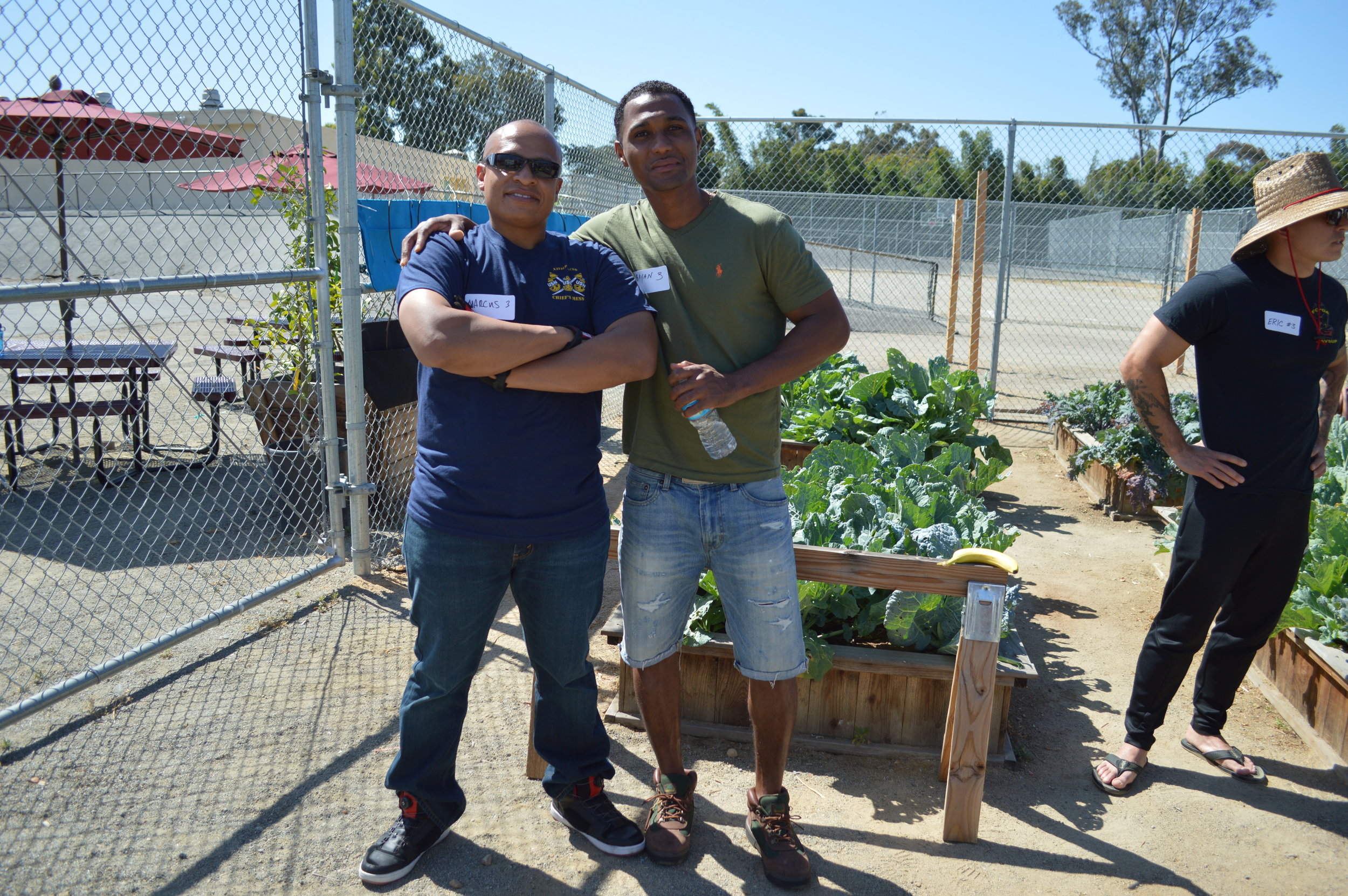



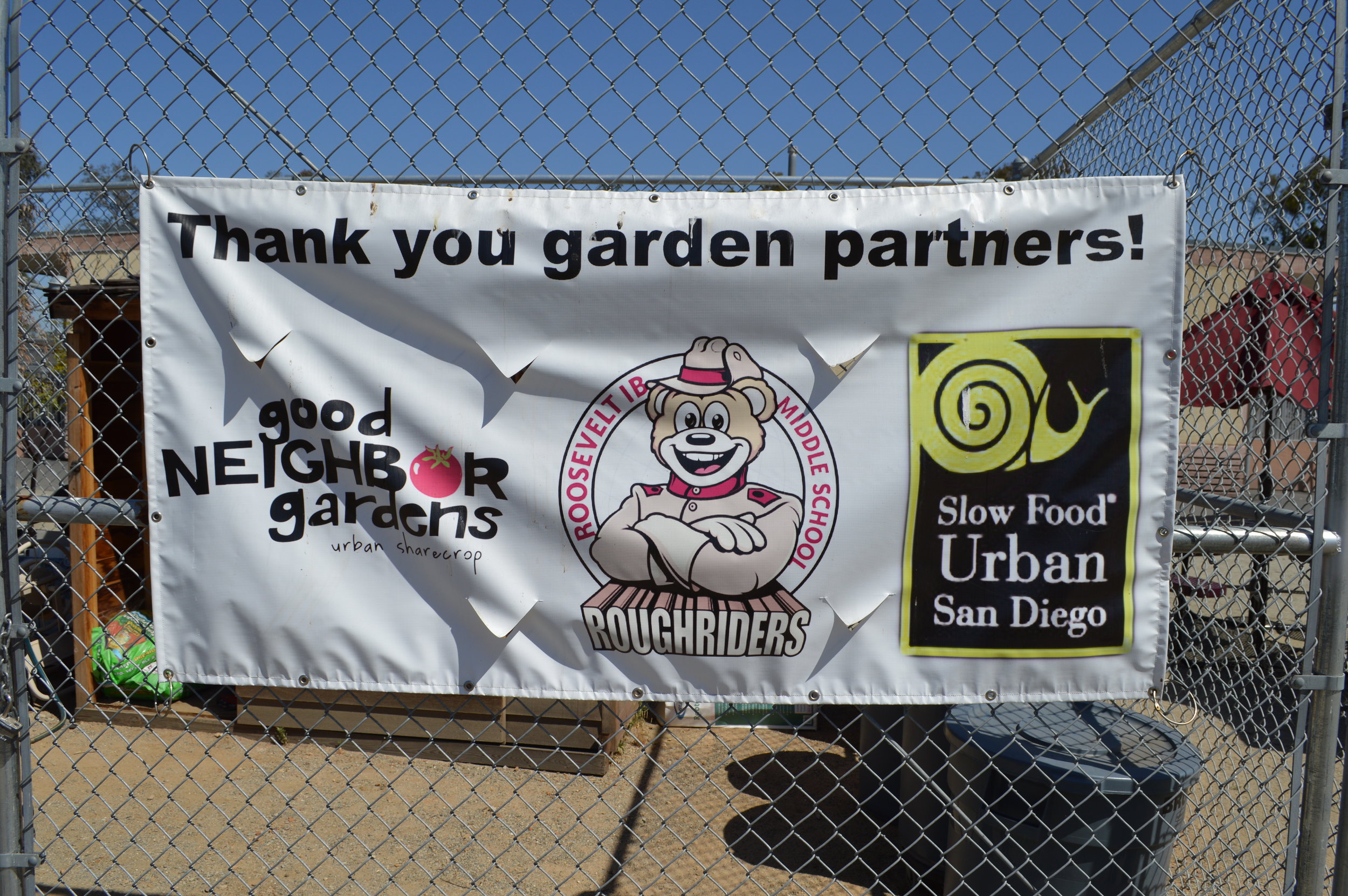


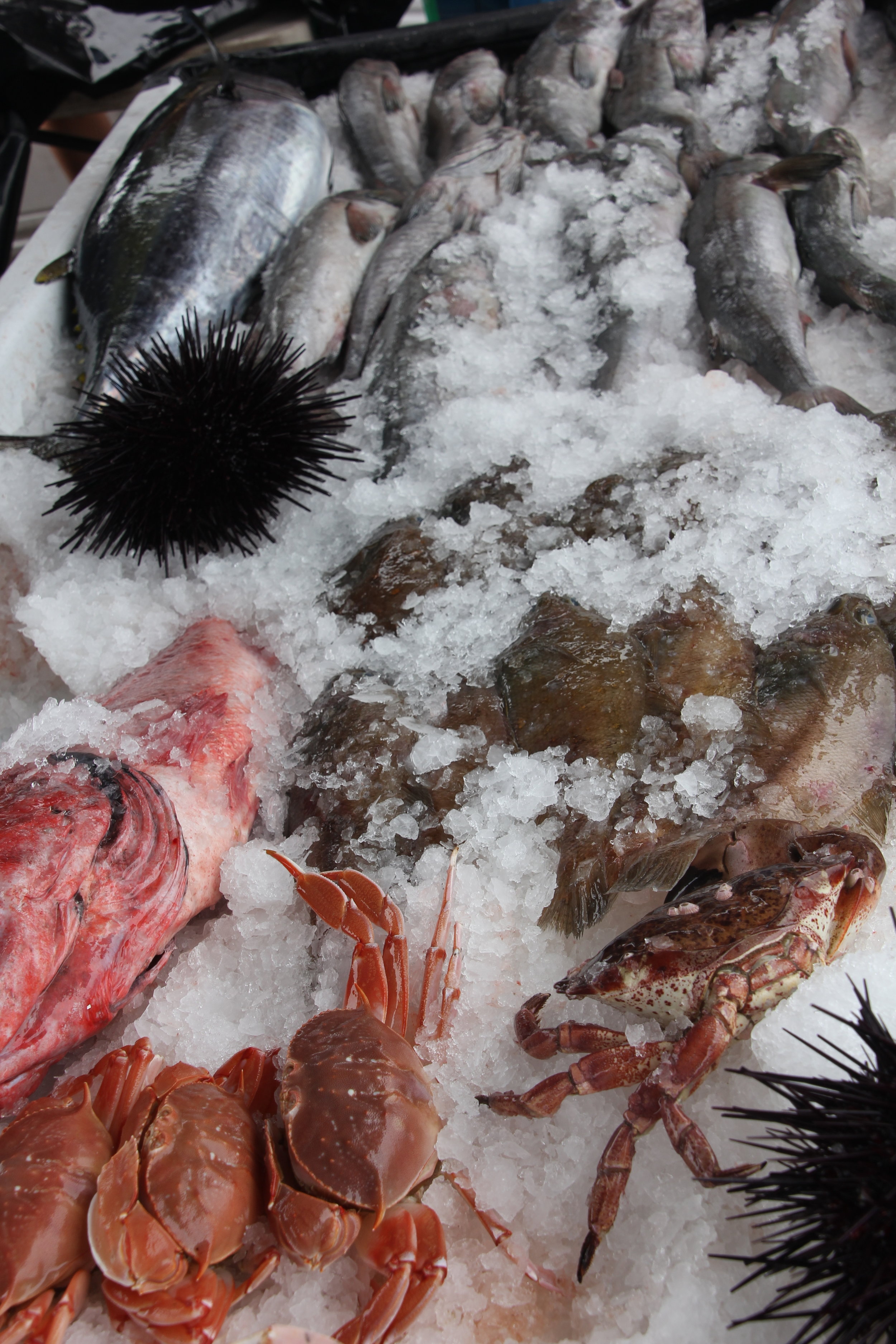
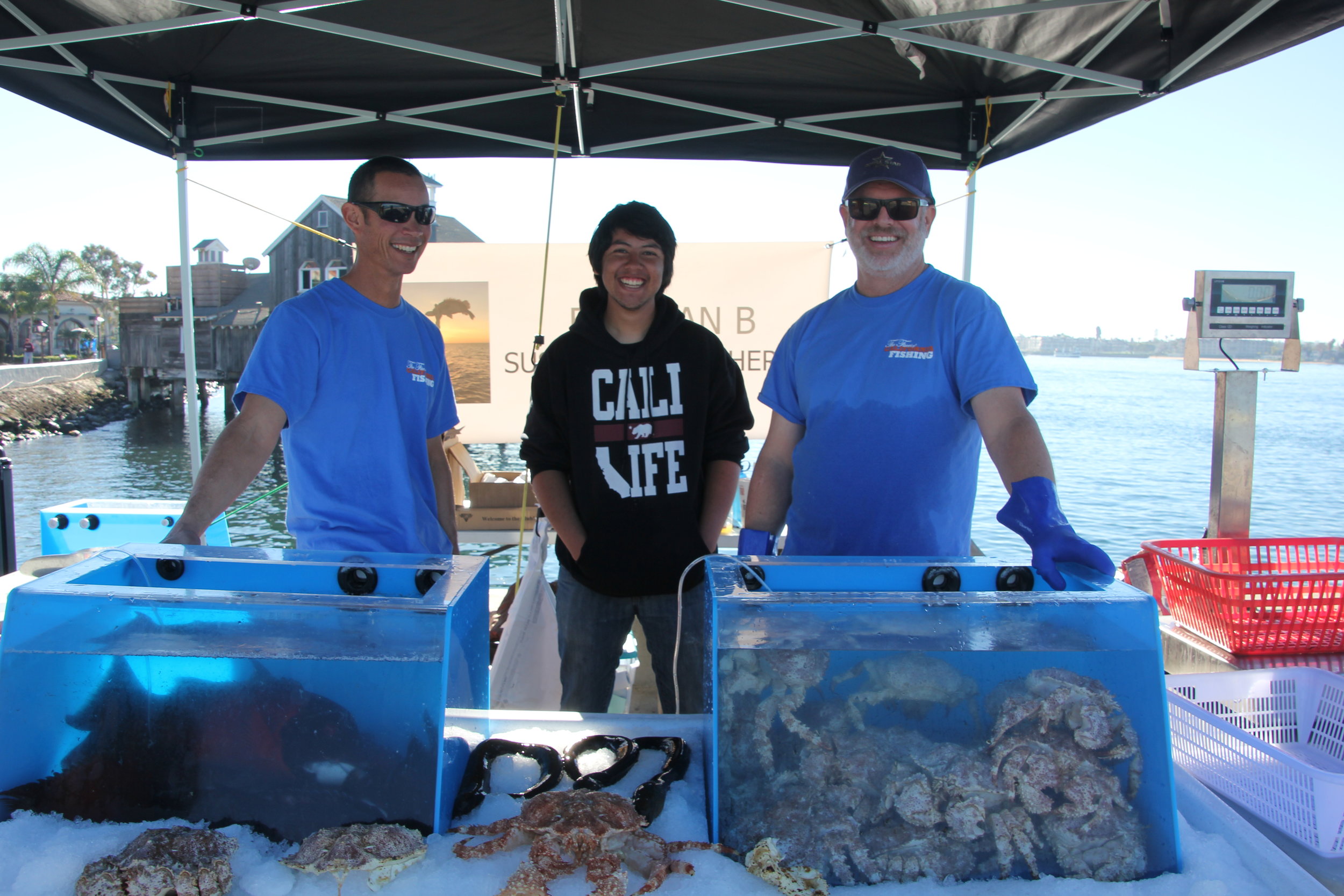
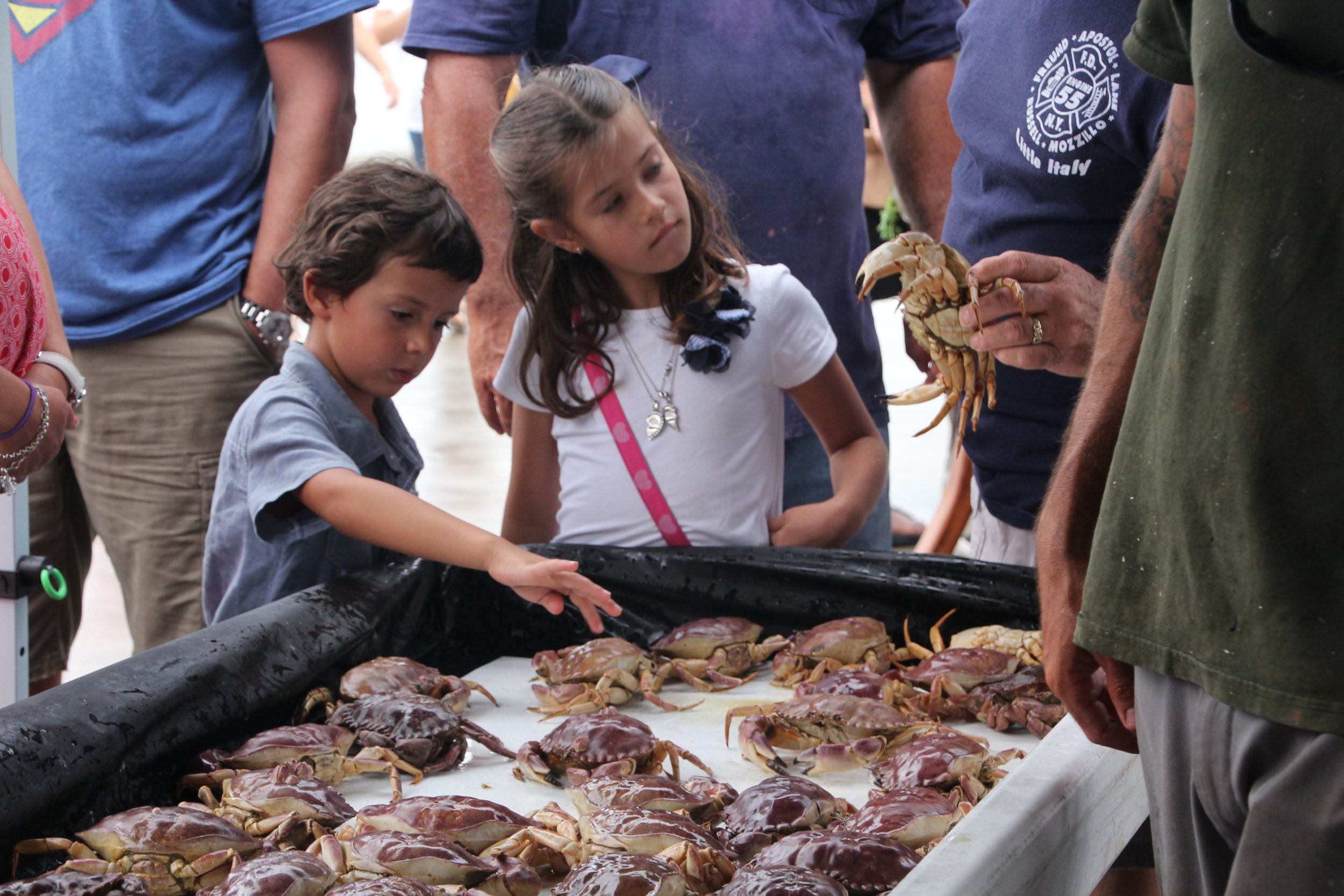









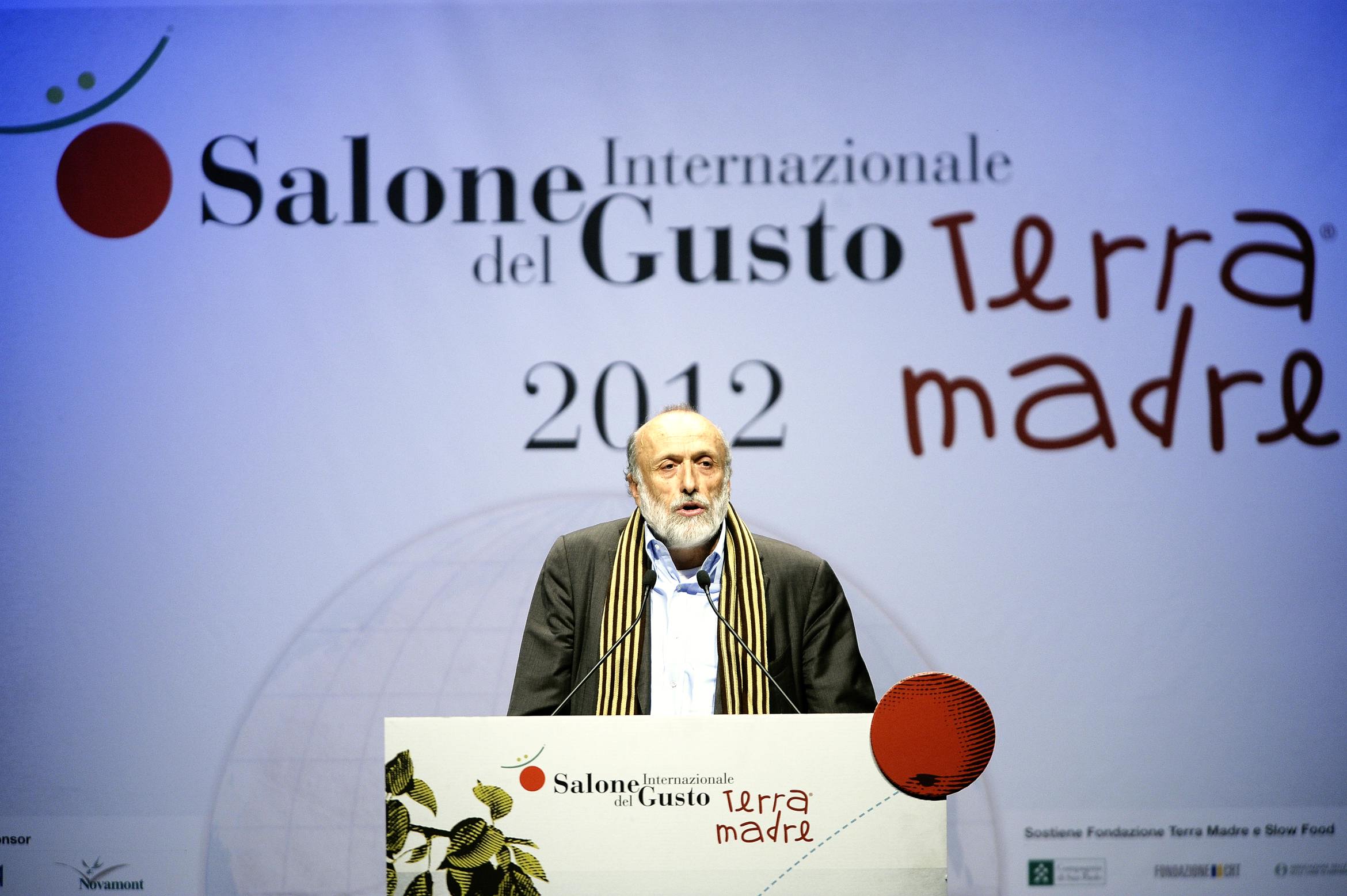
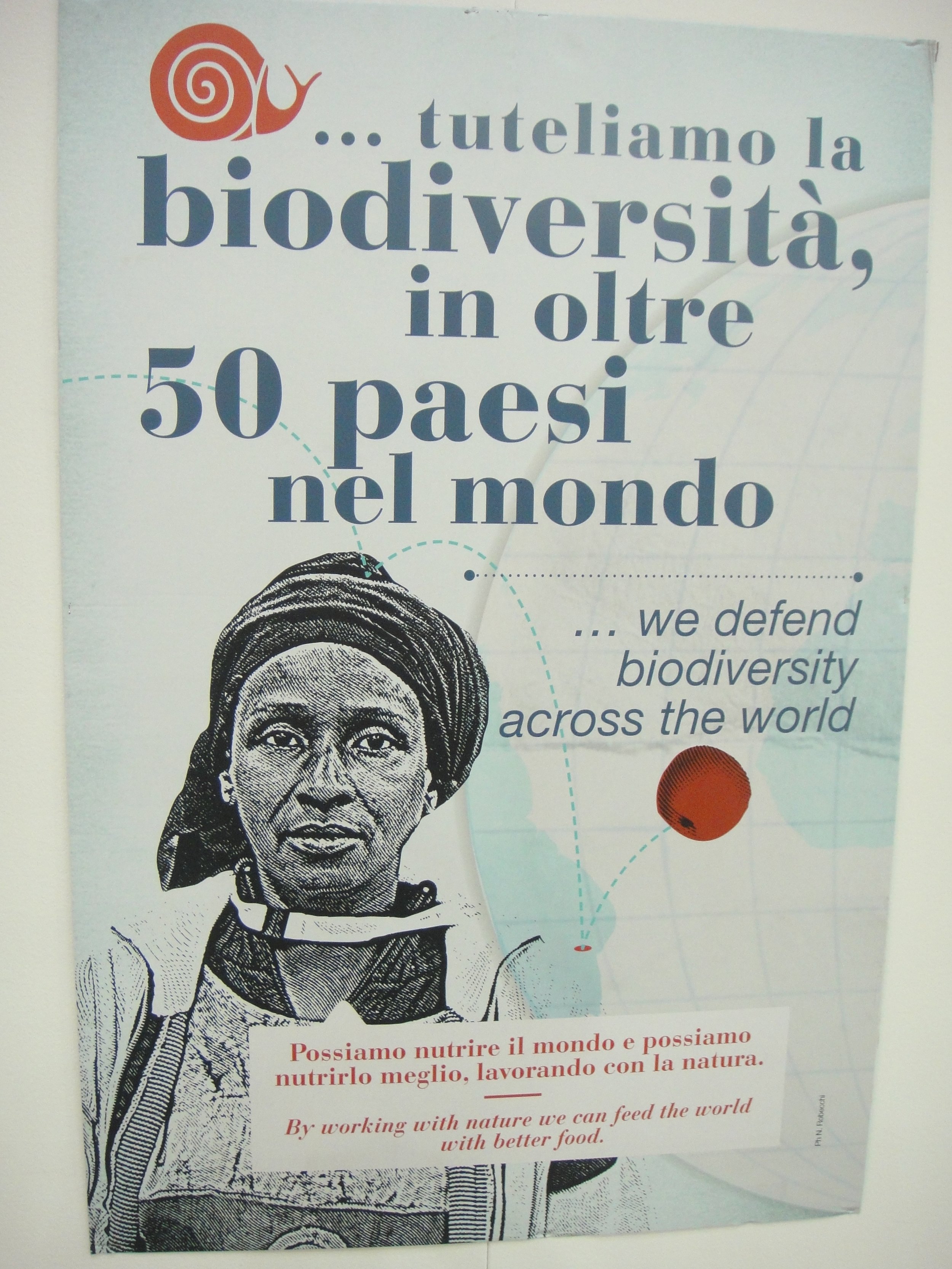
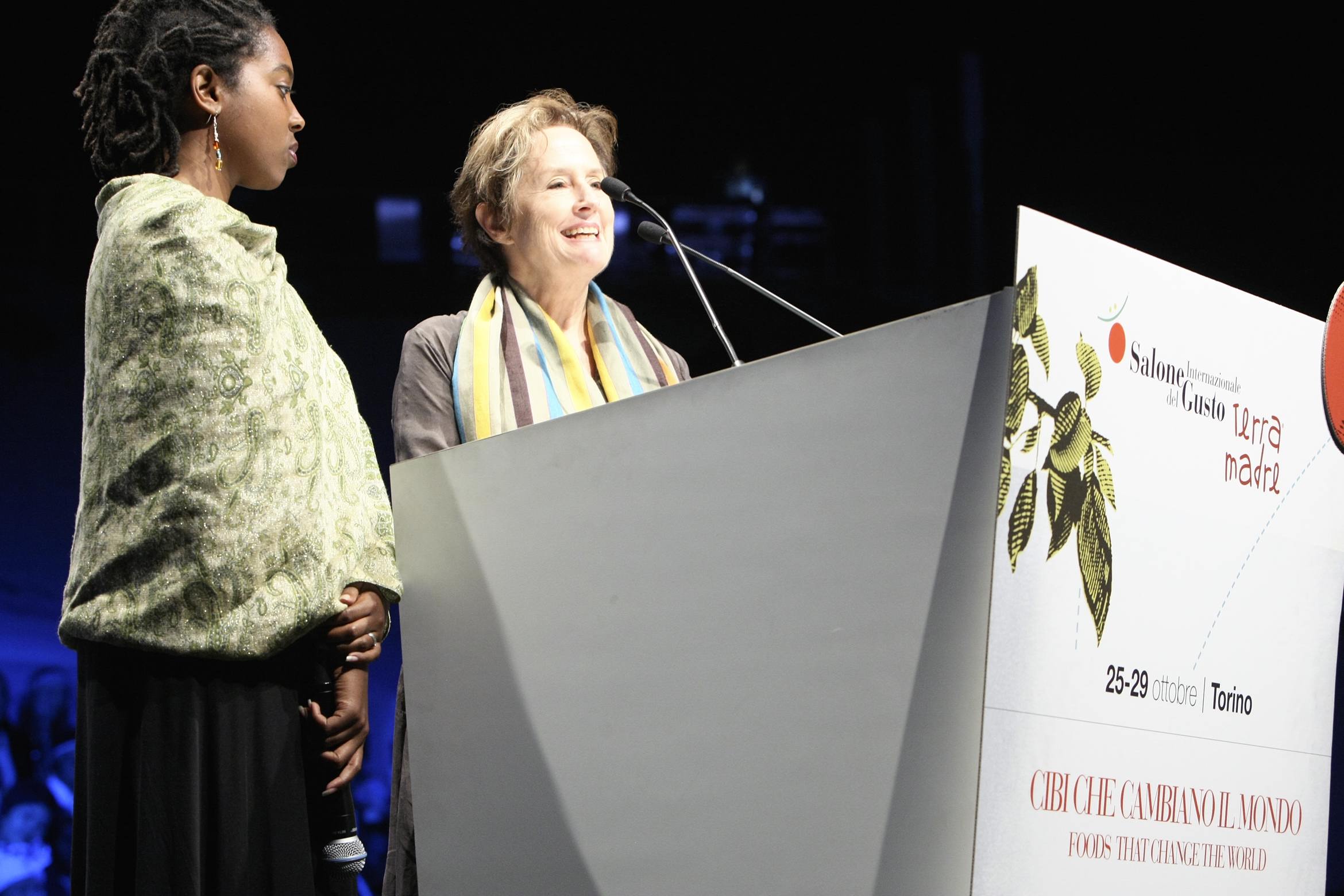

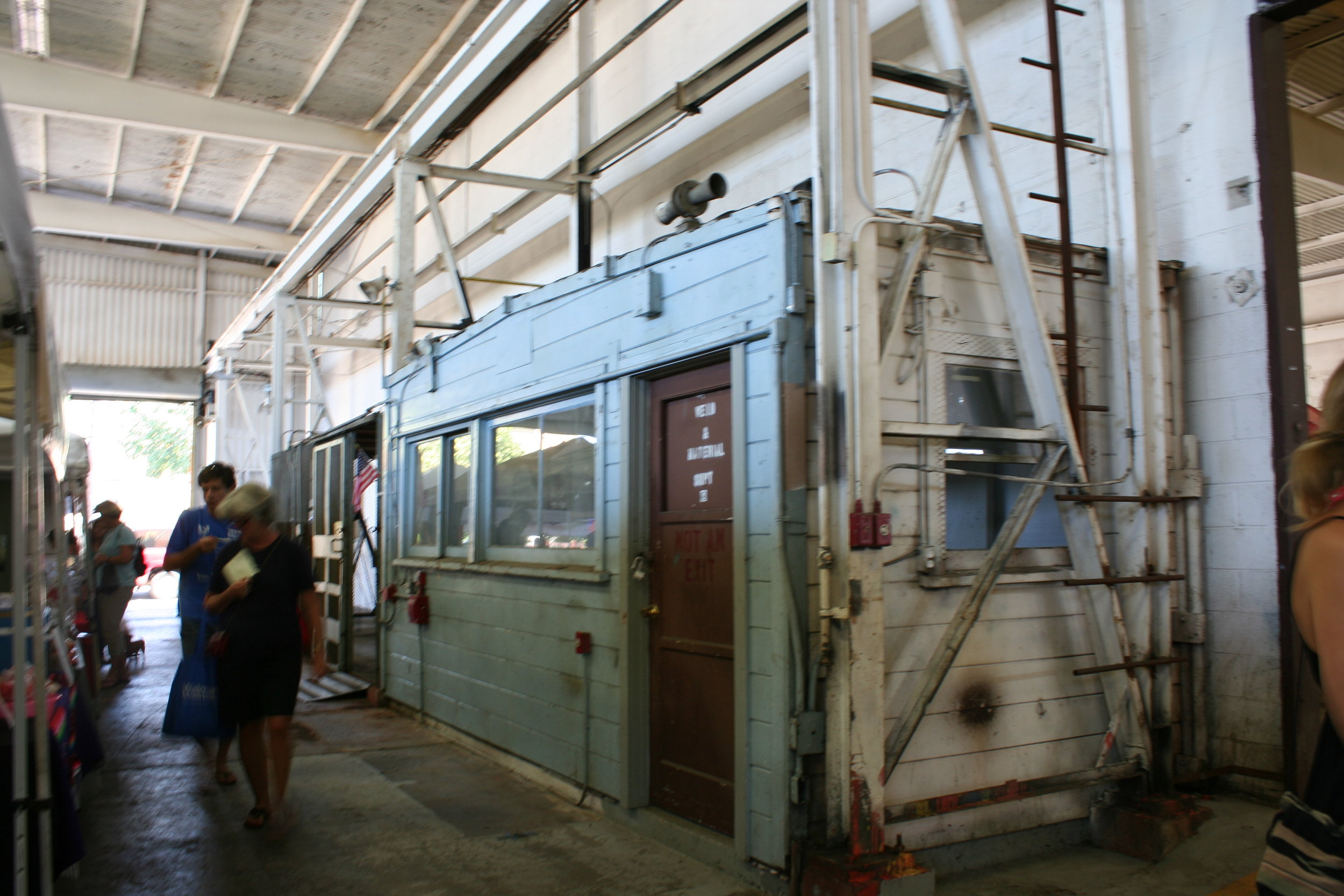
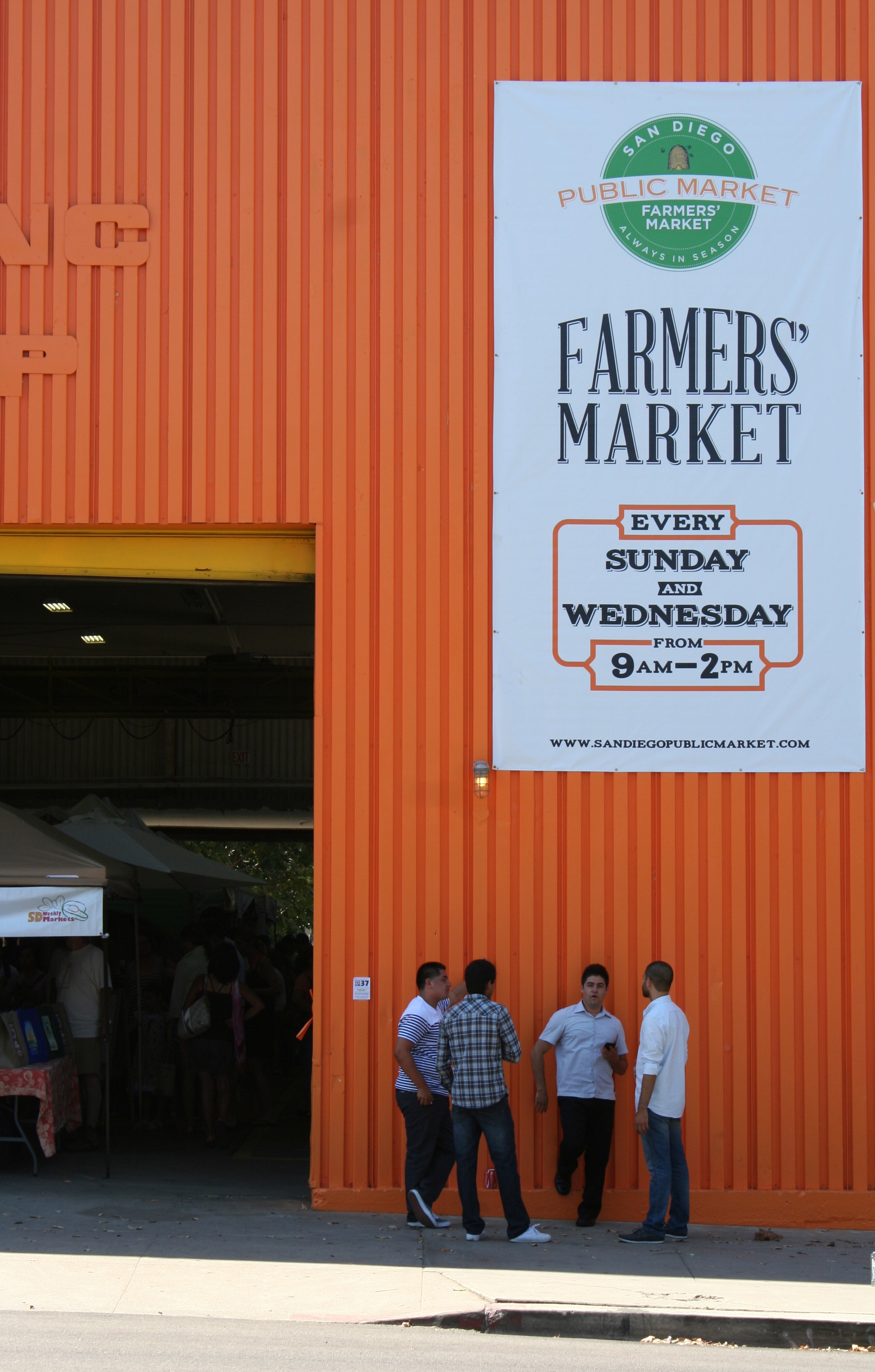


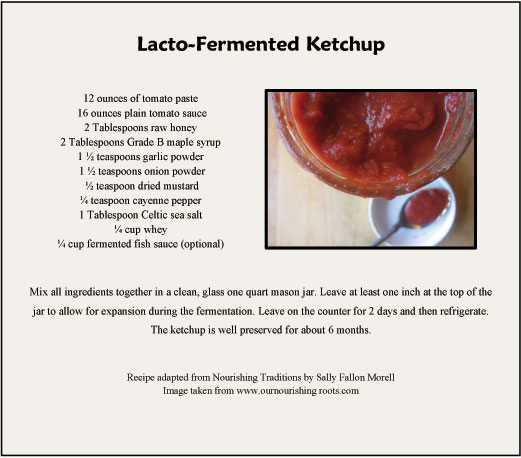


 Thursday, April 26th, Slow Food Urban San Diego was awarded the Ocean Leadership Award for Community Group of the year for Excellence in Ocean Stewardship 2012. The award was presented at the San Diego Oceans Foundation Gala at Sea World. In attendance at the event were chefs, fishermen and organizations ivolved in the sustainable seafood community.
Thursday, April 26th, Slow Food Urban San Diego was awarded the Ocean Leadership Award for Community Group of the year for Excellence in Ocean Stewardship 2012. The award was presented at the San Diego Oceans Foundation Gala at Sea World. In attendance at the event were chefs, fishermen and organizations ivolved in the sustainable seafood community.